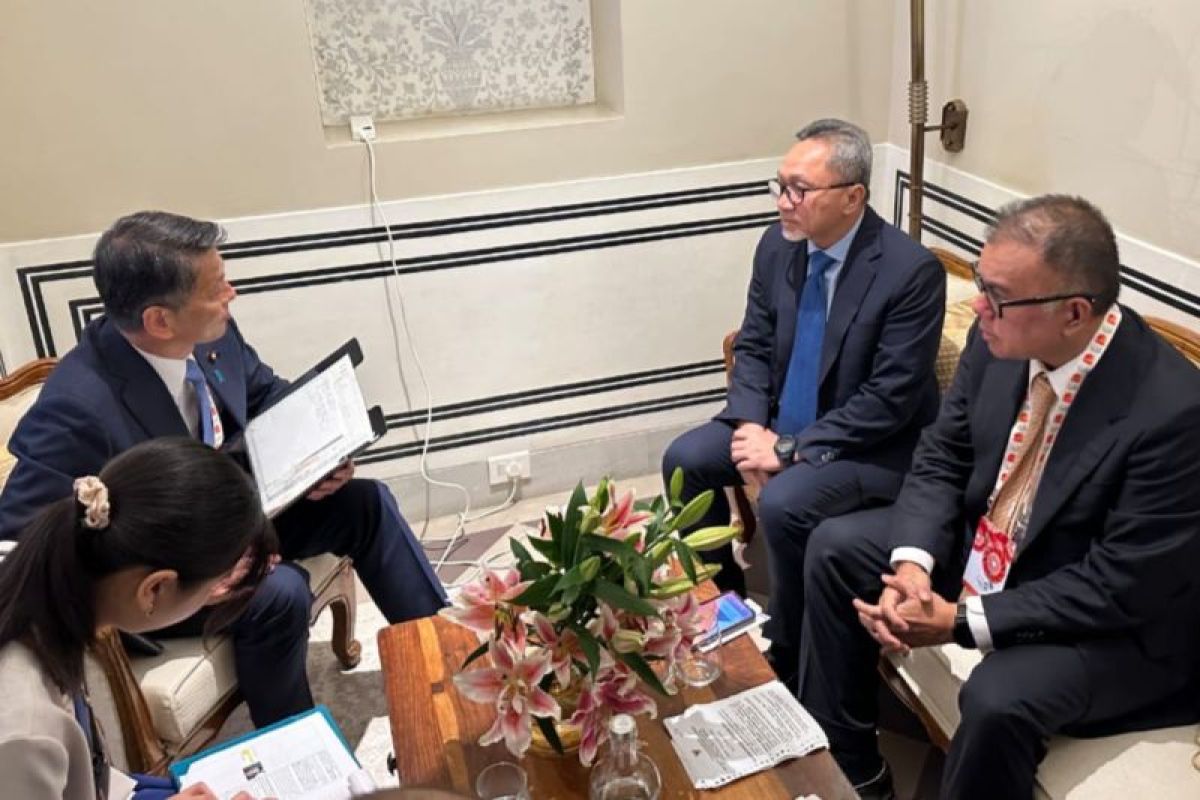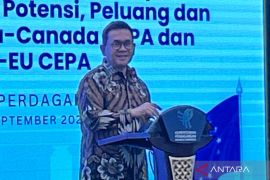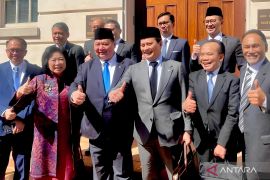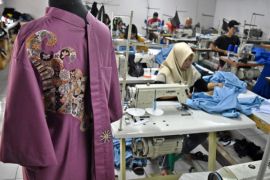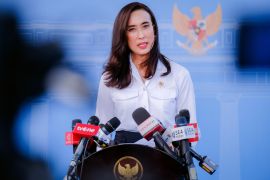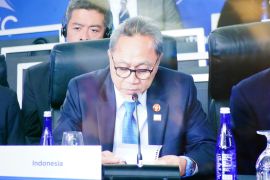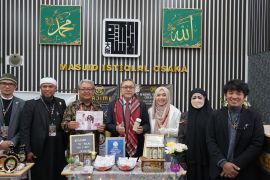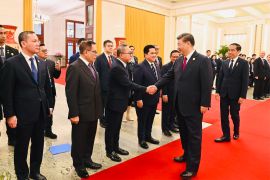He noted that Japan had eliminated some tariff posts for canned tuna from the Philippines, Thailand, and Vietnam. Therefore, he hoped Japan would do the same to Indonesia's canned tuna.
"The tariffs elimination for canned tuna is an absolute requirement to complete negotiations on the IJEPA Amendment Protocol," Hasan conveyed in a statement on Saturday.
He said that the 50th anniversary of the ASEAN-Japan relationship should be utilized by maximizing relations between Japan and each ASEAN member country, including Indonesia.
Therefore, this momentum is a good opportunity for Indonesia and Japan to quickly conclude these negotiations, he added.
The minister is optimistic that the two countries can announce the completion of the substance of the IJEPA Amendment Protocol negotiations on the sidelines of the 2023 ASEAN Summit in Jakarta on September.
"I am also optimistic that Indonesia and Japan can sign the intended protocol at the ASEAN-Japan 50th Anniversary Summit in December 2023 in Tokyo, Japan," he continued.
Indonesia's total trade with Japan continues to increase every year. In the January-May 2023 period, the total trade between the two countries was recorded at around US$16.3 billion.
Indonesia's exports to Japan amounted to US$9.4 billion while Indonesia's imports from Japan totaled at US$6.8 billion, with a surplus of around US$2.5 billion for Indonesia.
In 2022, Indonesia's total trade with Japan reached US$42.0 billion, an increase of 29.2 percent compared to 2021. While Indonesia's exports to Japan were recorded at US$24.8 billion and were the highest in the last five years (2018-2022).
On the other hand, Indonesia's imports from Japan amounted to US$17.1 billion and Indonesia recorded a surplus of US$7.6 billion.
In the last five years (2018-2022), the trend of total trade between the two countries has grown by 2.61 percent. Indonesia also continues to enjoy a trade surplus from Japan in the five-year period, Hasan informed.
Indonesia's main export commodities to Japan include integrated electronic circuits, petroleum gas and other hydrocarbon gas, insulated wire, cables and electrical conductors, telephone sets and smartphones, and motor vehicle parts and accessories.
While Indonesia's main import commodities from Japan include integrated electronic circuits, motor vehicle parts and accessories, flat-rolled products of iron or non-alloy steel, semiconductor equipment, and electrical equipment.
Related news: Hope Japan will agree to eliminate tuna tariff: Indonesia
Related news: Indonesia pushes tuna seed cultivation
Translator: Maria Cicilia G P, Resinta S
Editor: Yuni Arisandy Sinaga
Copyright © ANTARA 2023
